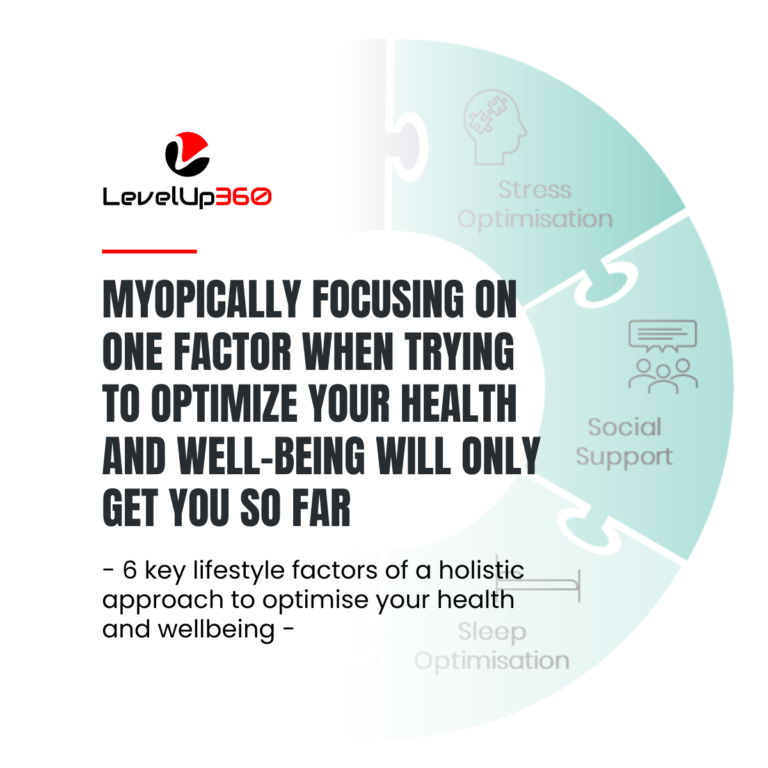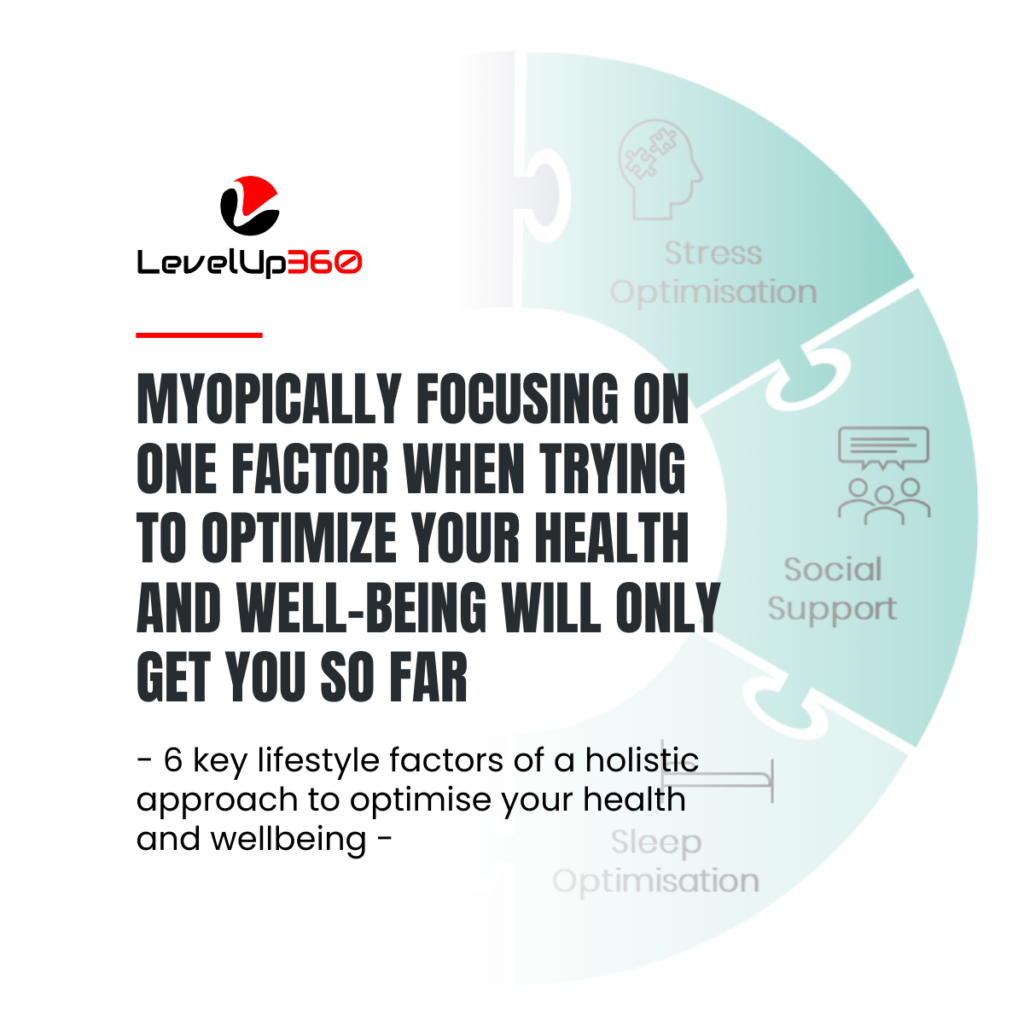
Do you wake up tired despite sleeping 7-8 hours each night?
If you wake up tired despite sleeping 7-8 hours each night, here’s what I would do:
1. Audit your sleep quality:
The quality of sleep you get is just as important as the quantity. If you have trouble falling asleep or staying asleep, or if you have sleep disorders such as sleep apnoea, you may wake up feeling tired even after a full night’s sleep.
- I have published a series of articles and have created a Sleep Cheat Sheet that may help you improve your sleep quality. Check them out!
- An app like Sleep as Android may also help you track your sleep and identify your sleep patterns and even identify if you suffer from sleep apnoea.
Personally, I would only use a sleep-tracking app for a few nights until I have enough data to assess the quality of my sleep.
The quality of sleep you get is just as important as the quantity.
2. Assess your stress levels:
High levels of stress or anxiety can make it difficult to fall asleep or stay asleep, leading to poor sleep quality and waking up feeling tired.
- Keep a stress journal: Keeping a journal of daily stressors and your physical and emotional responses to them can help you identify patterns and triggers of stress.
- Pay attention to physical symptoms: Physical symptoms, such as headaches, muscle tension, fatigue, and sleep disturbances, can indicate high levels of stress. Keeping track of these symptoms can help you assess stress levels.
- Use stress assessment tools: There are many online stress assessment tools that can help you evaluate your stress levels.
These tools typically ask questions about your symptoms, stressors, and coping strategies, and provide an estimate of your stress level.
3. Assess your energy and recovery requirements:
Energy balance plays a crucial role in recovery and energy levels. Energy balance refers to the balance between the amount of energy (calories) you take in through food and drink, and the amount of energy you use through physical activity and other metabolic processes.
Achieving energy balance is important for recovery and energy levels because it helps to ensure that your body has enough fuel to carry out its various functions, including physical activity and the repair of damaged tissues.
When your energy balance is positive, your body has plenty of energy to support recovery and maintain energy levels, whereas when your energy balance is negative, your body may not have enough energy to support these processes, leading to fatigue, decreased performance, and impaired recovery.
- Track your physical activity: Regular physical activity is important for both physical and mental well-being and can also improve the quality of your sleep. Lack of physical activity can lead to fatigue, even after a full night’s sleep. Keeping track of your physical activity, including the type and intensity of exercise, can help you understand your energy and recovery needs.
- Keep a food diary: Recording what you eat and drink, along with when and how you feel, can help you understand your energy and recovery needs. Paying attention to how different foods affect your energy levels and recovery can help you make informed decisions about your diet.
- Pay attention to physical symptoms: Physical symptoms, such as fatigue, headaches, muscle aches, and difficulty concentrating, can indicate a lack of energy or an increased need for recovery. Keeping track of these symptoms can help you assess your energy and recovery needs.
4. Look at your hydration:
Dehydration can interfere with sleep quality, leading to restless nights and feeling tired in the morning. Adequate hydration is essential for maintaining energy levels. When the body is dehydrated, it can lead to a decrease in energy levels and can also impact cognitive function, mood, and physical performance.
In addition to maintaining energy levels, adequate hydration can also help to support recovery after physical activity, as it helps to replace fluids lost through sweating. This can help to reduce the risk of dehydration-related fatigue and can also help to improve post-exercise recovery and overall energy levels.
- Keep a water intake diary: Keeping a record of the amount of water you consume throughout the day can help you ensure that you are staying properly hydrated. You can use a simple notebook or a water-tracking app to do this.
- Use a water bottle with measurement markings: Using a water bottle with measurement markings can help you keep track of the amount of water you consume throughout the day.
- Pay attention to thirst: Thirst is a natural indicator of hydration status. Paying attention to thirst and drinking water when thirsty can help you ensure that you are staying hydrated.
- Monitor urine colour: The colour of your urine can provide an indication of your hydration status. If your urine is a light-yellow colour, it is a sign that you are adequately hydrated. If your urine is dark yellow or amber in colour, it is a sign that you need to drink more water.
5. Assess your diet:

Nutrient quality, timing of food intake play a role in recovery and energy levels. Consuming a diet that is rich in nutrient-dense, whole foods can provide your body with the vitamins, minerals, and other nutrients it needs to support recovery and maintain energy levels, whereas a diet that is high in processed foods, sugar, and unhealthy fats can have the opposite effect.
- Keep a food diary: Keeping a food diary can help you track the types and amounts of foods you consume, as well as any symptoms or changes in energy levels. This can provide insight into the quality of your diet and help you identify any areas for improvement.
- Use a nutrition tracking app: There are many nutrition tracking apps available that can help you track the types and amounts of foods you consume, as well as the macronutrients (protein, carbohydrates, and fat) and micronutrients (vitamins and minerals) in your diet.
- Educate yourself: Understanding the importance of different types of foods, such as protein, carbohydrates, and healthy fats, can help you make informed decisions about the types of foods you consume.
- Seek professional guidance: If you are unsure about the quality of your diet or have specific health concerns, seeking guidance from a professional can be helpful.
6. Assess your gut health and hormones:
These can be absolute killers when it comes to our overall energy.
- Keep a food diary: Keeping track of what you eat and drink, along with any symptoms or changes in energy levels, can help you identify any potential gut health issues and hormonal imbalances.
- Monitor digestive symptoms: Paying attention to digestive symptoms, such as bloating, gas, constipation, and diarrhoea, can provide insight into gut health. Keeping track of these symptoms can help you assess gut health and identify any potential issues.
- Get regular check-ups: Regular check-ups with a healthcare professional can help assess gut health and hormones. A healthcare professional can perform tests, such as blood tests and stool tests, to evaluate the health of your gut and hormones.
Recommended reading
Recommended reading
Additional Resources
Feeling in control of your health
If you are interested in improving your health and wellness, check out other resources such as Our Blog, Free Resources and/or join our private Body-Mind Transformation Secrets Community on Facebook, and The 360 Transformation Blueprint Podcast on Spotify and go on an even deeper dive with me to uncover how to succeed in your health and wellness goals.
You may also be interested in our Sleep Secrets Cheat Sheet. It is a great resource with strategies to fix and optimize your sleep which is crucial to succeeding in your health and wellness goals.
Resources
Pictures








